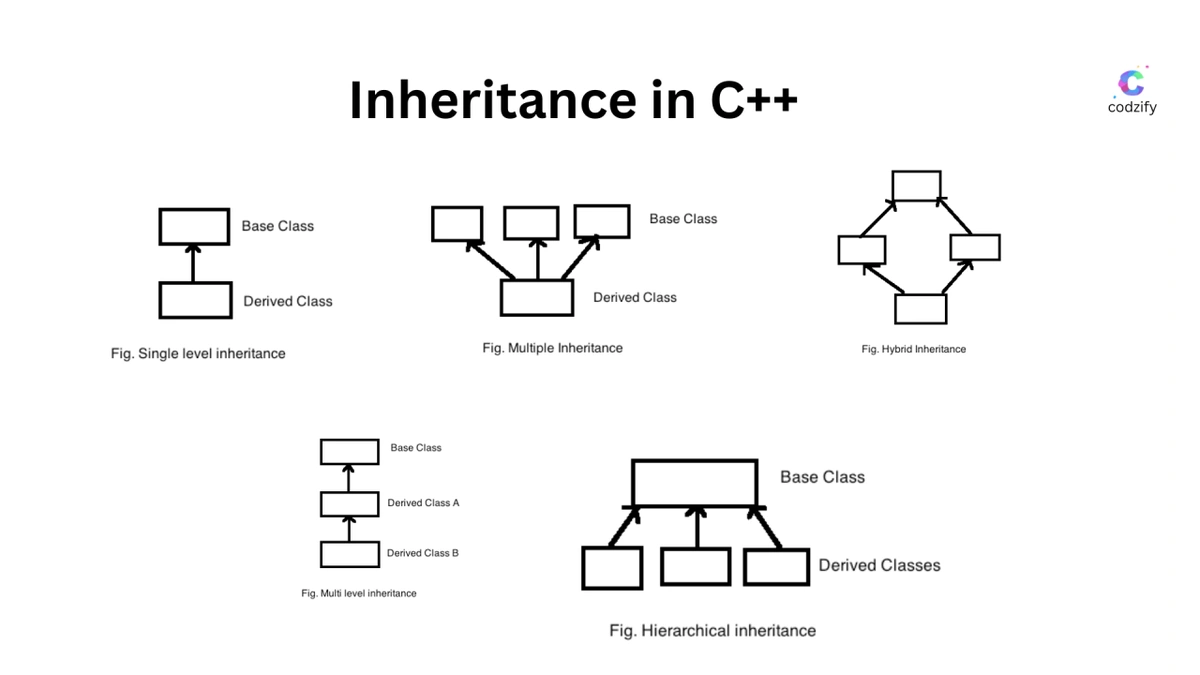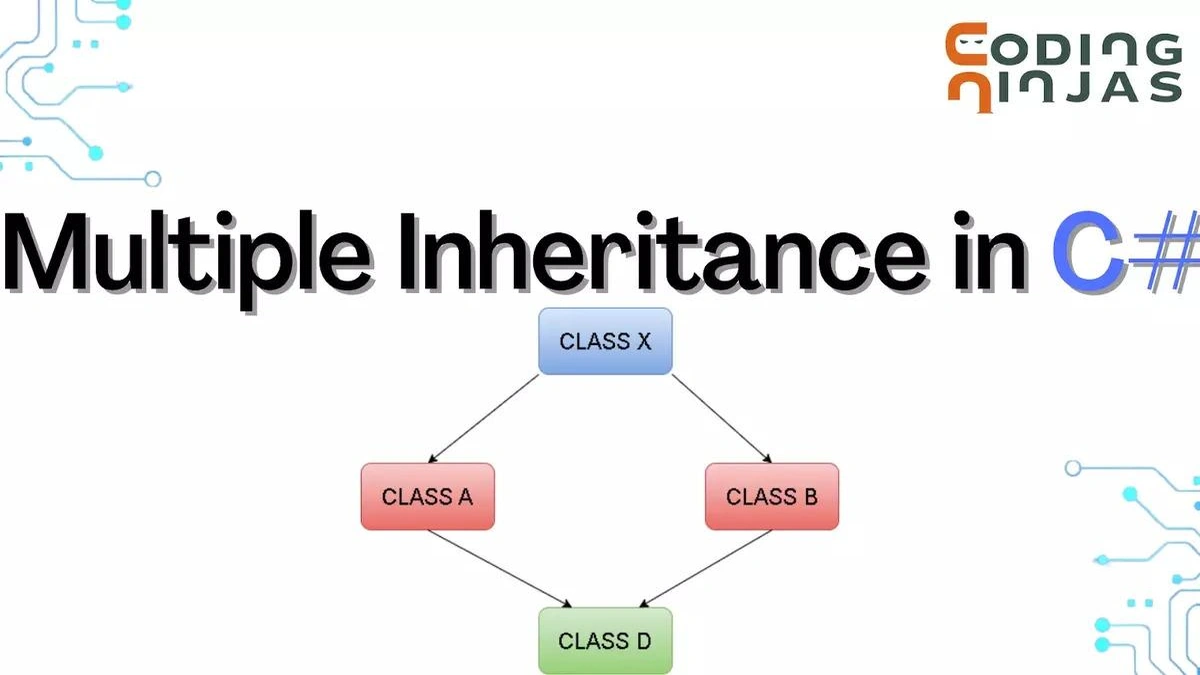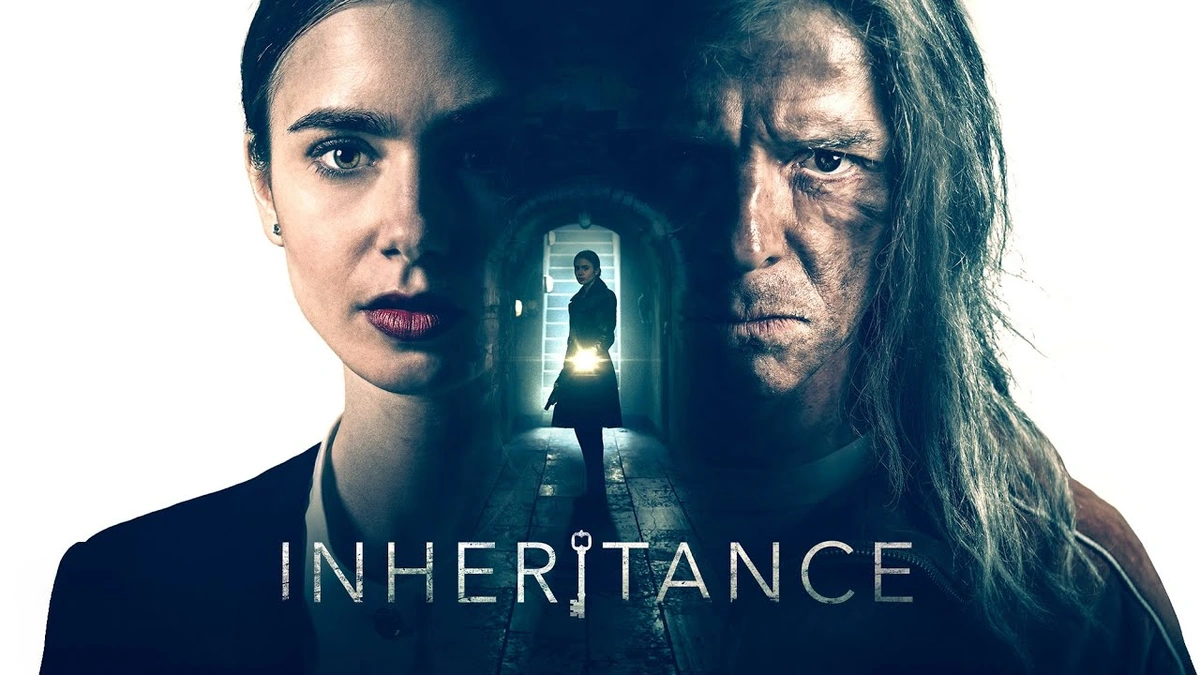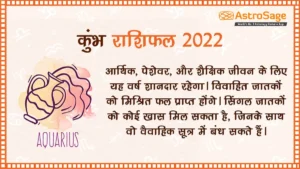The One Conversation About Inheritance Every Indian Family Needs to Have (Before It’s Too Late)
Picture this. It’s a Sunday afternoon. The whole family is together after a hearty lunch. The conversation flows easily, from politics to cricket to that cousin’s upcoming wedding. Then, someone, maybe an uncle, casually mentions the “family home” and what will happen to it “down the line.”
Suddenly, the air gets thick. Voices drop. Someone quickly changes the subject. It’s a familiar dance, one that plays out in living rooms across India. We’re great at talking about almost anything, but when it comes to inheritance , a wall of silence goes up.
Let’s be honest. In many Indian households, bringing up a will or a succession plan feels like you’re being greedy, or worse, morbid. It’s a massive taboo. But here’s the thing I’ve learned, both from a personal and analytical perspective: this silence is a ticking time bomb. It doesn’t preserve harmony; it breeds assumptions, fuels misunderstandings, and paves the way for bitter disputes that can tear families apart.
This isn’t just about the law or about who gets what. This is about navigating one of the most complex emotional and financial events a family will ever face. And being unprepared is not an option. So, let’s sit down, grab a metaphorical cup of chai, and talk about what inheritance in India is really about beyond the money and the legalese.
Why We Don’t Talk About Inheritance (And Why We Must)

The core of the issue is cultural. We’re taught that elders know best and that questioning their plans (or lack thereof) is disrespectful. The very act of discussing what happens after they’re gone feels like we’re rushing them towards it. It’s uncomfortable. It’s awkward. I get it.
But this silence creates a vacuum, and that vacuum gets filled with dangerous assumptions.
- The son who lives with the parents assumes the house is his by default.
- The daughter who moved to another city assumes her brothers will “do the right thing.”
- Everyone assumes there’s a clear plan, when often, there’s no plan at all.
What fascinates me is that the conversation isn’t about greed. It’s about clarity. It’s a profound act of love and responsibility to ensure your legacy doesn’t become a burden. A well-laid-out plan is the final act of protecting your family. The goal isn’t to ask, “What am I getting?” but to help ensure a smooth, peaceful transition that honours the family’s unity. Pushing for this conversation isn’t selfish; it’s one of the most selfless things you can do.
The Will vs. The Law | What Really Happens to Your Assets?

So, when someone passes away, what actually dictates who gets the property, the savings, the shares? It boils down to two distinct paths. Think of it as a fork in the road, and the signpost is a single document: a Will.
Path 1: No Will (Intestate Succession)
This is the default path, and it’s where most family feuds begin. If a person dies ‘intestate’ (a legal term for without a valid Will), the law steps in and decides for them. The distribution isn’t based on who loved them most or who cared for them in old age. It’s based on cold, hard legal formulas laid out in personal succession laws.
For a majority of Indians, this means the Hindu Succession Act, 1956 applies. The most critical thing to know here is the 2005 amendment. This was a landmark change that gave daughters equal rights to their father’s ancestral and self-acquired property. Let me rephrase that for clarity: A daughter has the same right to the property as a son. This is the law, but sadly, it’s often not the reality on the ground due to social pressure and lack of awareness.
Path 2: With a Will (Testamentary Succession)
This is where you get to decide. A Will is your voice from beyond the grave. It’s an incredibly powerful legal document that lets you distribute your self-acquired property exactly as you wish. You can leave everything to one child, split it equally, give a portion to a loyal friend, or donate it to charity. The choice is yours.
A common myth is that making a will in India is a complicated and expensive process. It’s not. While a professionally drafted will is always recommended to avoid loopholes, even a simple, clearly written document on a plain piece of paper, signed by you and two witnesses, can be legally valid. The key is clarity and proper execution.
Beyond the Money | The Emotional ‘Virasat’ and Hidden Landmines
I initially thought this was all straightforward legal stuff. But then I realized the biggest fights aren’t about the monetary value. They are about the emotional value the ‘virasat’.
The fight over the family home isn’t about square footage; it’s about childhood memories. The dispute over a mother’s gold bangles isn’t about the price of gold; it’s about who she loved more. This is the emotional undercurrent that the law cannot account for. This is where family property disputes get messy.
Here are the common landmines I see:
- Unspoken Expectations: The child who provides care in old age often feels they are entitled to a larger share. This might seem fair, but if it’s not specified in a Will, the law will treat all children equally, leading to resentment.
- Sentimental Items: Who gets the grandfather’s watch? The family deity’s silver ornaments? These have zero market value but infinite emotional value. Without a clear directive, they become symbols of conflict. For more insights on how assets can be pivotal, you can read about the Greaves Cotton Share EV pivot .
- Daughter’s “Share”: The old-world view that a daughter’s wedding expenses count as her inheritance is not just outdated, it’s legally incorrect. Yet, this belief is the source of countless disputes, pitting brothers against sisters.
The only way to defuse these landmines is to address them head-on, with empathy and open communication, ideally guided by the wishes expressed in a Will. Understanding the emotional weight of certain assets, like a piece of land, can sometimes be just as important as knowing the Sri Lotus Developers share price .
A Practical Guide to Navigating the Inheritance Maze
Okay, so it’s complex and emotional. What can you actually do? Here’s a simple, actionable guide.
If you are the one leaving assets:
- Create an Inventory: Make a simple list of everything you own—bank accounts, FDs, properties, shares, insurance policies. Don’t forget to list the nominees for each!
- Draft a Will: This is non-negotiable. Don’t use a generic template. Consult a lawyer to draft a clear, unambiguous Will that reflects your wishes. This is the single most important step for ensuring property inheritance goes smoothly.
- Appoint a reliable Executor: This is the person who will be responsible for carrying out the Will’s instructions. Choose someone trustworthy and capable.
- Have the Conversation: This is the hard part. Consider sitting with your family and explaining your decisions. You don’t have to reveal every detail, but explaining the ‘why’ behind your choices can prevent a lot of future pain.
If you are an heir:
- Manage Expectations: Understand that fairness is subjective. What you feel you deserve might not align with the law or the Will.
- Prioritize Relationships: Ask yourself: is this piece of land or sum of money worth destroying your relationship with your sibling? Sometimes, the long-term cost is far greater.
- Understand the Process: Familiarize yourself with terms like ‘probate’ (the legal process of validating a Will) and ‘succession certificate‘ (required to claim movable assets like bank deposits when there’s no Will). Knowledge reduces anxiety.
Frequently Asked Questions About Inheritance
What happens if a person dies without a Will in India?
If there is no Will, the person’s assets are distributed according to the personal succession laws applicable to them, such as the Hindu Succession Act or the Indian Succession Act. The law identifies the legal heirs and specifies their respective shares.
Can a daughter claim her father’s property if he is alive?
No, a person can only claim a share in ancestral property by birth. For self-acquired property, a child (son or daughter) has no legal right to it during the parent’s lifetime. The parent is free to sell, gift, or will it to anyone they choose.
Is a Will on plain paper valid?
Yes, a Will doesn’t need to be on stamp paper or be registered to be valid (though registration is advisable as it adds a layer of authenticity). What’s crucial is that it must be in writing, signed by the person making the Will (the testator), and attested by at least two witnesses who saw the testator sign.
What is a Succession Certificate and why is it needed?
A succession certificate is a legal document issued by a civil court to the legal heirs of a person who died without a Will. It’s primarily needed to claim movable assets like bank balances, stocks, and securities. Banks and financial institutions will insist on this certificate to release the funds to the rightful heirs.
Can a Will be challenged in court?
Yes, a Will can be challenged on grounds like forgery, coercion, undue influence, or if the testator was not of sound mind when they made it. This is why having it professionally drafted and witnessed by credible people is so important.
In the end, inheritance is the final chapter of a person’s financial story. The way we handle it defines the legacy we truly leave behind. It’s not about the assets you accumulate, but about whether you leave behind a united family or a fractured one.
And that, really, is the greatest inheritance of all. It doesn’t start with a lawyer or a court case. It starts with a conversation. A difficult, awkward, but profoundly necessary conversation. Have it today.













